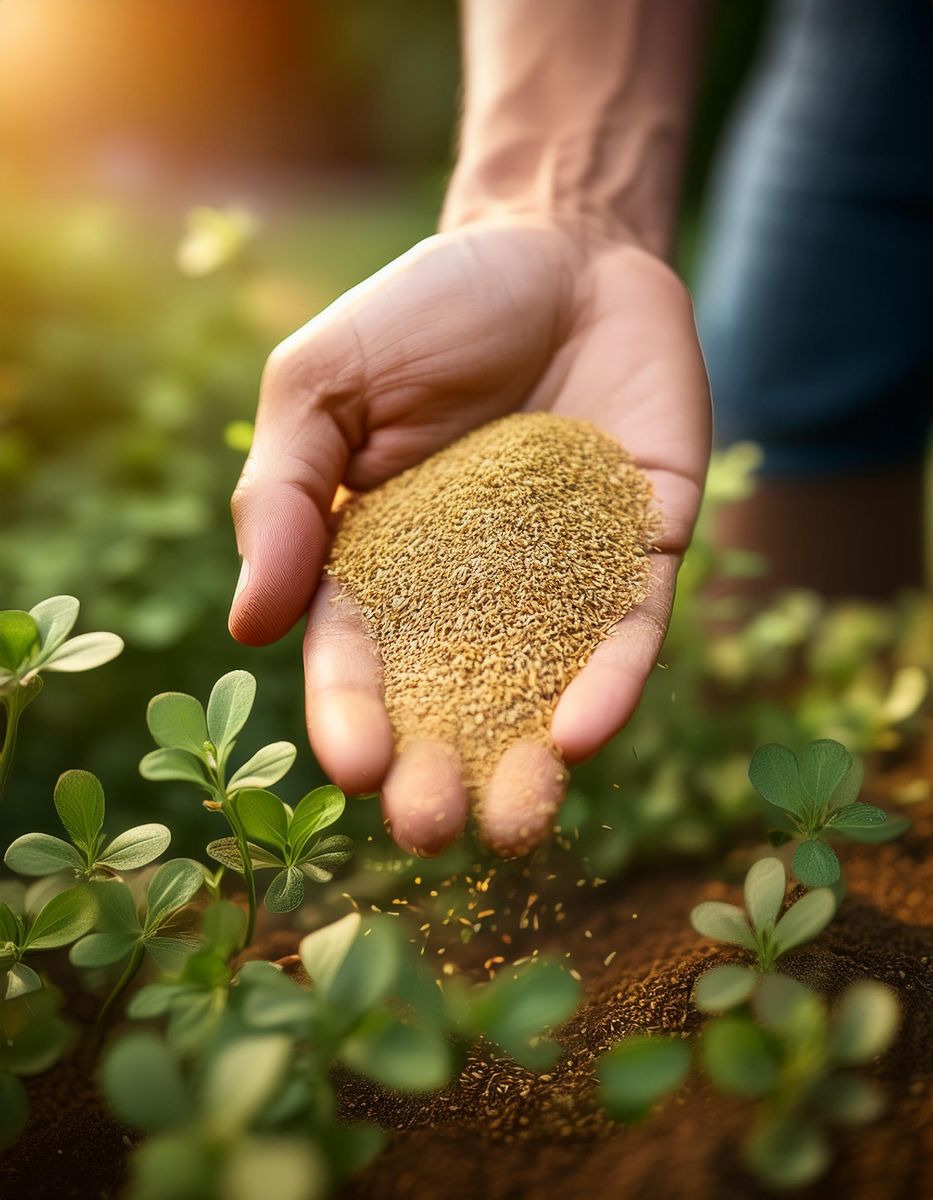Gardening enthusiasts and professionals alike understand the importance of nourishing plants with the right nutrients to ensure healthy growth and bountiful yields. Organic fertilizers have gained popularity as they naturally enhance the soil’s fertility without using harmful chemicals, encouraging sustainable and eco-friendly gardening practices.
If you are eager to see your garden flourish but are overwhelmed by the plethora of available products, then this article is for you. Read on to discover the best organic fertilizers for gardening and why each one stands out. Whether you are a seasoned gardener or a beginner, this guide will help you make an informed choice that benefits both your plants and the environment.
Advertisement
1. Compost
Compost tops the list as one of the best organic fertilizers. It enriches the soil with essential nutrients and improves its structure. Producing compost at home from kitchen scraps and garden waste is also an environmentally friendly practice.
2. Worm Castings
Worm castings, or vermicompost, are the nutrient-rich droppings of worms. They enhance soil aeration, increase water retention, and supply vital micro and macronutrients needed for plant growth.
3. Bone Meal
Bone meal is made from ground animal bones and is a great source of phosphorus and calcium. Phosphorus supports strong root development, while calcium is crucial for cell wall structure in plants.
4. Fish Emulsion
Fish emulsion is a fast-acting organic liquid fertilizer made from fish processing by-products. Its high nitrogen content makes it an excellent choice for leafy green vegetables and other nitrogen-hungry plants.
5. Blood Meal
Blood meal, made from dried animal blood, is a potent nitrogen source. It’s particularly effective for boosting green, leafy growth and can also serve as a natural deterrent for some pests.
6. Seaweed/Kelp
Seaweed or kelp fertilizers are rich in trace minerals, amino acids, and hormones that promote plant growth. They enhance the uptake of nutrients and improve overall plant health.
7. Manure
Animal manure, such as cow, horse, or chicken manure, has been used for centuries as a natural fertilizer. It adds organic matter and nutrients to the soil, enhancing its fertility over time.
8. Alfalfa Meal
Alfalfa meal is ground from alfalfa plants and provides a balanced nutrient profile. It’s particularly high in nitrogen and contains growth-stimulating hormones that benefit flowering and fruiting plants.
9. Cottonseed Meal
Cottonseed meal is a rich source of nitrogen, potassium, and phosphorus. It’s particularly beneficial for acid-loving plants like azaleas and blueberries.
10. Green Manure
Green manure involves growing specific cover crops that are later tilled back into the soil. These crops, such as clover or rye, improve soil structure, add organic matter, and suppress weeds.
Advertisement
By choosing any of these organic fertilizers, you can support your garden’s health while practicing sustainable gardening methods. Each option offers unique benefits, catering to various plant needs and gardening goals.

